detail profile rouzbeh rashidi
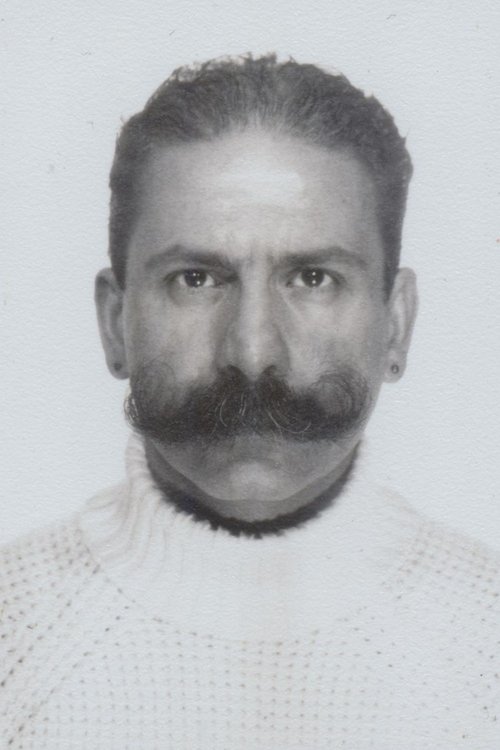
Rouzbeh Rashidi
روزبه رشیدی
atau dikenal sebagai
Riwayat Hidup
Rouzbeh Rashidi (Persian: روزبه رشیدی; born 23 December 1980, Tehran, Iran) is an Iranian-Irish avant-garde filmmaker and founder of Experimental Film Society.
Since 2000, Rashidi produced experimental feature films and numerous volumes of instalments for the Homo Sapiens Project.
His work is deeply engaged with film history and primarily concerned with mysticism, philosophy, esotericism, cosmology, phenomenology, and hauntology.
The films are wildly experimental and often surrealist, magical realist, and mysterious, and have been associated with the Remodernist movement.
Rashidi also generally designs the soundscapes that accompany his films.
His decision to avoid dialogue in most films is a conscious link to early cinema, which is a frequent point of reference in his work and a reminder of his belief that cinema is always in the process of being invented and reinvented.
Info Pribadi
Peran Yang Di Mainkan Rouzbeh Rashidi
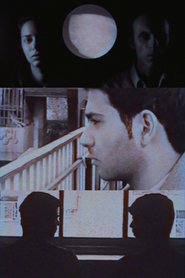 Homo Sapiens Project 201 was completed in 2021...
Homo Sapiens Project 201 was completed in 2021...Homo Sapiens Project (201) (2002-2021) 2021
Homo Sapiens Project (201) was completed in 2021 as part of re-envisioning and restructuring Rashidi's filmography. This nineteen-hour experimental feature is constituted from many feature films produced between 2002 to 2014. These experimental features were made as a type of test or trial experiment. Rashidi assembled the films from footage accumulated over the years, archival footage, found footage and rushes donated by his close collaborators.
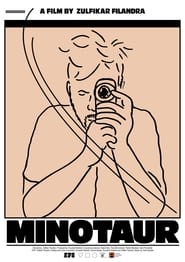 A film essay MINOTAUR covers 15 years...
A film essay MINOTAUR covers 15 years...Minotaur 2020
A film essay MINOTAUR covers 15 years of the author's life. Through various formats of private archives, from cell phone recordings, Instagram posts, segments from the author's previous films, vacation videos, we experience a Proustian journey through fragments of the recorded and cathartic confrontation with transience, dear people, poetry of small things and growing up.
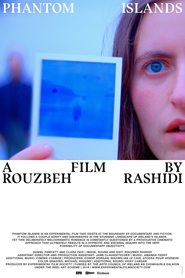 Phantom Islands is an experimental film...
Phantom Islands is an experimental film...Phantom Islands 2018
Phantom Islands is an experimental film that exists at the boundary of documentary and fiction. It follows a couple adrift and disoriented in the stunning landscape of Ireland’s islands. Yet this deliberately melodramatic romance is constantly questioned by a provocative cinematic approach that ultimately results in a hypnotic and visceral inquiry into the very possibility of documentary objectivity.
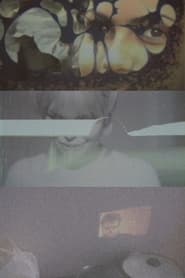 Self Decapitation is a Janusheaded selfportrait...
Self Decapitation is a Janusheaded selfportrait...Self Decapitation 2017
Self Decapitation is a Janus-headed self-portrait by Rouzbeh Rashidi and Maximilian Le Cain in which death and desire each take possession of this film in two parts. The ambiguities of inhabiting a human body are conjured by way of film technology in its faults, faulty memories and false promises. There is no escape from its haunting – except perhaps to haunt it in turn…
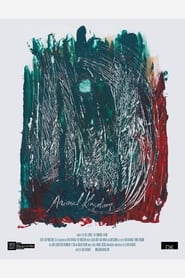 Earth Wind Fire Water Sacrifice In...
Earth Wind Fire Water Sacrifice In...Animal Kingdom 2017
Earth. Wind. Fire. Water. Sacrifice. In Animal Kingdom a ritual carves a dimension that melds character, object, landscape and the very tactile makeup of the film itself into one mutating, symphonic mass of spell casting, storytelling, living and dying. An explosive account of cinema as witchcraft.
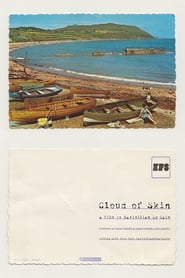 Haunted by the memory of a...
Haunted by the memory of a...Cloud of Skin 2015
Haunted by the memory of a blind woman with visionary powers, a man revisits the sites of their love affair. Rather than unfolding as a traditional narrative, Le Cain’s first feature is an immersive and dreamlike exploration of memory and vision. Shot in a series of time-warped Irish locations the otherworldly atmosphere is intensified by composer Karen Power’s compelling soundscapes.
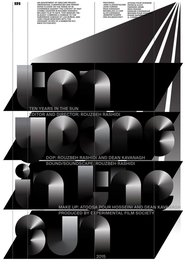 An assortment of obscure private obsessions...
An assortment of obscure private obsessions...Ten Years In The Sun 2015
An assortment of obscure private obsessions, conspiracies and perversions flicker on the verge of incoherence against the context of vast cosmic disaster in Rouzbeh Rashidi’s boldest film to date. This sensory onslaught combines a homage to the subversive humour of Luis Buñuel and Joao Cesar Monteiro with the visionary scope of a demented science fiction epic.
 There is no escape From one...
There is no escape From one...HSP: There Is No Escape from the Terrors Of the Mind 2013
There is no escape… From one side of the globe to the other, there is no escaping the faces, the visions, the ever-watchful camera. There is no escaping the mask, there is no escaping the resonating echoes of images and sounds that cross each other over time. There is no escaping the cinema. There is no escaping the terrors of the mind. “A mysterious loner, perhaps a poet, journeys through a series of uncanny surrealistic landscapes with an unclear purpose. His adventure is divided into three sections. The main theme of this experiment is to compare the eerier qualities of different landscapes and interpose the characters within them, elaborating the project’s ongoing preoccupation with extracting sinister moods from ordinary settings. In a way, these can be seen as experimental horror films in which an atmosphere of dread is evoked and sustained without the expected narrative trappings.”
 Weird Weird Movie Kids Do Not...
Weird Weird Movie Kids Do Not...Weird Weird Movie Kids Do Not Watch The Movie 2013
Weird Weird Movie Kids Do Not Watch The Movie is the second collaborative feature film between Rouzbeh Rashidi and Maximilian Le Cain. This hypnotic, visually and sonically immersive exploration of a haunted space unfolds in two parts. In the first, a woman (Eadaoin O’Donoghue) dissolves her identity into the ghostly resonances she finds in the rooms and corridors of a sprawling, atmospheric seaside basement property. In the second, a man (Rashidi), existing in a parallel dimension of the same space, pursues a bizarre and perverse amorous obsession.
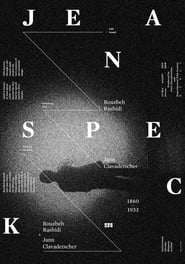 Little is known of Jean Speck 18601933...
Little is known of Jean Speck 18601933...Jean Speck (1860-1933) 2012
Little is known of Jean Speck (1860-1933) beyond the fact that he opened Zurich’s first cinema. Rouzbeh Rashidi and Jann Clavadetscher consider the flittering black and white ghosts and shadows that he left in his wake in their phantasmagorical experimental feature film. This journey through a cinematic night probes the very essence of the cinematic image.
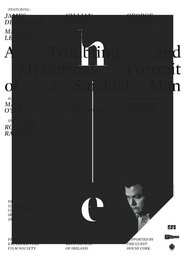 HE the third work in the...
HE the third work in the...HE 2012
HE, the third work in the ongoing collaboration between Rouzbeh Rashidi and actor James Devereaux, is a troubling and mysterious portrait of a suicidal man. Rashidi juxtaposes the lead character’s apparently revealing monologues with scenes and images that layer the film with ambiguity. Its deliberate, hypnotic pace and boldly experimental structure result in an unusual and challenging view of its unsettling subject.
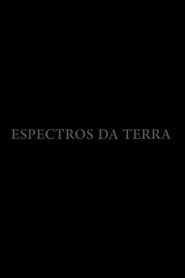 A film of a dying world...
A film of a dying world...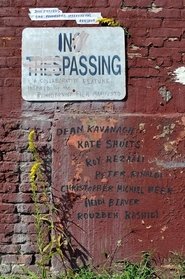 In Passing is a collaboration between...
In Passing is a collaboration between...